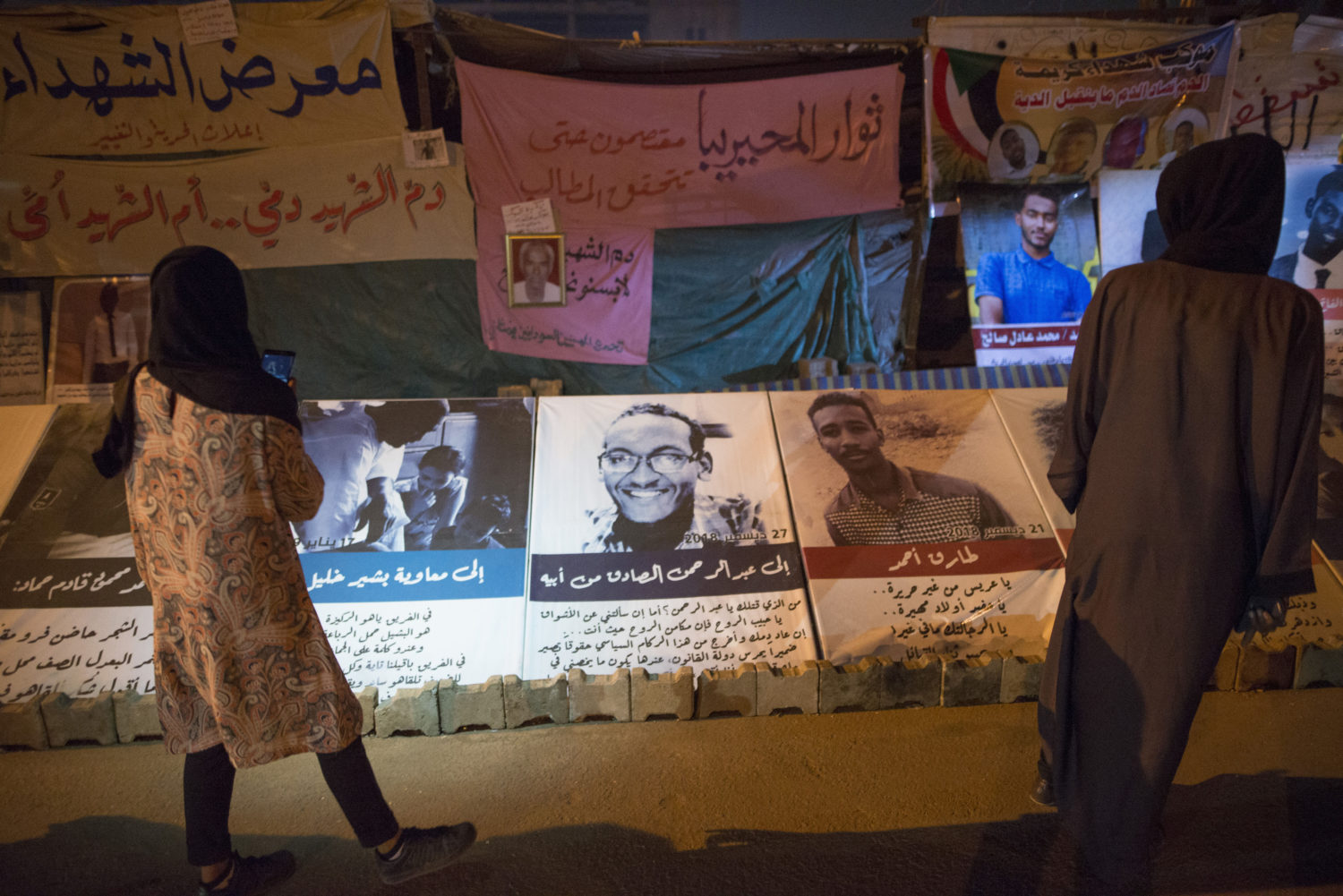
REDRESS Highlights Harm and Prevalence of Short-term Enforced Disappearances in Submission to UN Bodies
REDRESS has highlighted the prevalence of short-term enforced disappearances and the risk of torture and ill-treatment for victims, in a submission to the two main UN bodies that monitor States’ compliance with their obligations to protect against and prevent enforced disappearances.
REDRESS responded to a recent call for submissions from the UN Committee on Enforced Disappearances (CED) and the UN Working Group on Enforced and Involuntary Disappearances (WGEID) for their upcoming joint statement on short-term enforced disappearances.
Drawing from REDRESS´ recent work, the submission discusses two contexts that have enabled short-enforced disappearances: Sudan and Egypt. It highlights how the politico-legal landscape in both countries has contributed to the widespread use of short-term enforced disappearances to quash political dissent and how this has been done through the implementation of emergency and anti-terror laws.
REDRESS notes that short-term enforced disappearances have become frequent in Sudan after the military coup of 25 October 2021 to punish opponents of the coup and to quash protesters, and that this has been compounded by the widespread use of torture and ill-treatment against detainees.
This is illustrated by the case of Amiera Osman, a well-known Sudanese women’s rights activist, who was arbitrarily arrested under Sudan’s emergency laws after the military coup, and forcibly disappeared for two weeks in January 2022. Members of the security services were suspected of her arrest but in response to enquiries from Amiera’s family, the authorities denied knowledge of her whereabouts. Amiera’s family reported her case to national authorities and REDRESS raised the case before several UN bodies, including the WGEID.
Egypt, too, has faced international criticism for employing enforced disappearances under the guise of “national security” against political dissidents, followed by the use of torture during interrogations by security forces.
REDRESS highlights the need to reform laws and practices that enable State officials to perpetrate enforced disappearances. In Sudan, for example, the police enjoy broad authority to arrest individuals without a warrant, and in Egypt, authorities can detain individuals for up to 150 days before presenting them before a judge.
REDRESS makes recommendations for States to prevent and respond to short-term disappearances, including by:
- ensuring the right to fair trial and other judicial guarantees, including the right to appear before a judge promptly after detention;
- establishing the right to truth for missing individuals;
- ensuring arrests are only carried out by authorised officials with a valid warrant;
- and compiling a central official register keeping record of all detained individuals, among other measures.
Finally, REDRESS highlights the importance of swift responses by the CED and the WGEID to allegations of short-term disappearance, as in the case of Amiera, who was released three days after UN bodies, including WGEID, asked the Sudanese government for information about her fate and whereabouts.
Read about our work on Sudan here.
Read about our work on enforced disappearances in Africa here.
Read about our work on anti-torture standards in common law Africa here, and about safeguards to prevent torture here.
Photo by: David Rose/Panos Pictures
